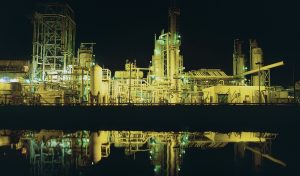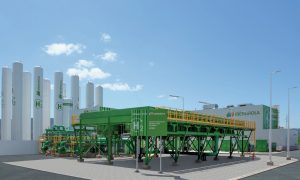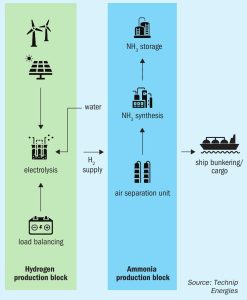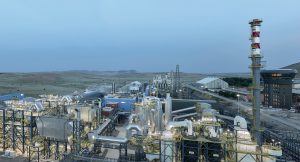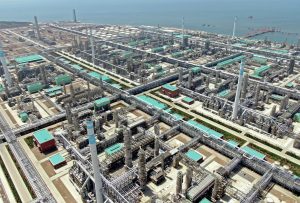
Tessenderlo – leading on liquids and a solubles success
Tessenderlo Kerley International (TKInt) is a major global supplier of water-soluble sulphate of potash plant nutrition and the leading producer of thiosulphate-based fertilizers. In an exclusive interview, we speak to Nicolas White the company’s Portfolio & Knowledge Director, about recent strategic developments. These include major investments in new production, transshipment and storage capacity, production offtake agreements, and product sales and marketing rights.

